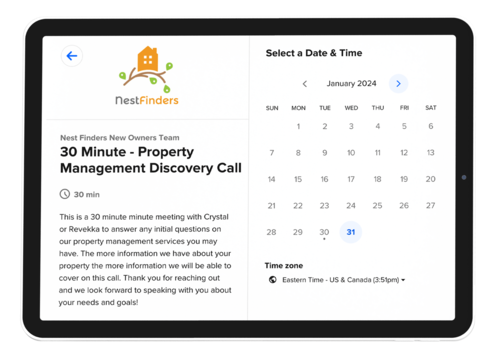Amidst the scenic riverfronts and vibrant neighborhoods of Jacksonville lies a complex legal framework that governs landlord-tenant relationships.
Whether you're a long-time Florida property owner or a newcomer to the rental market, navigating the intricacies of lease enforcement requires a strategic approach tailored to the local context.
But don't worry, we're here to help.
Let's go through what you need to know about lease enforcement in Jacksonville.
Understand Florida Law
Familiarize yourself thoroughly with the provisions of Florida's residential landlord-tenant law. This act governs the rights and responsibilities of everyone involved in residential rental properties.
Make sure you understand the eviction process outlined in Florida law. Understand the grounds for eviction, such as non-payment of rent, lease violations, or termination of tenancy.
Follow the legal steps required to initiate and complete the eviction process through the court system.
Have a Clear Agreement
Ensure that your rental lease agreement covers all essential terms and conditions of the tenancy.
It should include the rent amount and due date, lease duration, security deposit details, pet policy, occupancy limits, maintenance responsibilities, and rules regarding noise, parking, and property use.
Write the lease agreement in clear and understandable language that both you and your tenants can easily comprehend. Avoid using complex legal jargon that may confuse or mislead tenants.
Take the time to review the lease agreement with prospective tenants before they sign. Clarify any terms or provisions they may have questions about and ensure they understand their rights and responsibilities under the lease.
Communicate
Encourage open communication with your tenants from the beginning of the tenancy. Provide multiple communication channels such as email, phone, and in-person meetings, so tenants feel comfortable reaching out to you with any concerns or questions.
Keep tenants informed of any changes or updates related to the property or their tenancy. This could include upcoming maintenance work, changes in rent or lease terms, or other relevant information. Timely communication helps build trust and transparency.
Documentation Is Important
Maintain thorough documentation of all interactions and transactions with tenants, including lease agreements, rent payments, maintenance requests, repair records, and communications.
Retain copies of all notices served to tenants. That includes eviction notices, lease violation notices, and notices regarding rent increases or changes to lease terms. These copies serve as evidence in case of disputes or legal proceedings.
Get Help
Property managers can help you ensure you don't miss anything during lease enforcement.
Property management companies can issue formal notices and warnings to tenants in cases of lease violations. These include things like late rent payments, unauthorized occupants, or property damage.
They can ensure that notices are served in compliance with legal requirements. And, they can document all communication with tenants.
Property managers can take proactive steps to enforce lease terms and address violations promptly. This may include following up with tenants on outstanding rent payments, coordinating repairs for property damage, or initiating eviction proceedings if necessary.
Lease Enforcement in Jacksonville: Get Help Today
There's a lot you need to know about Jacksonville lease enforcement.
Are you ready to hire property management help in Jacksonville? Nest Finders Property Managers has been helping Florida landlords like you since 2005.
Contact us today.



